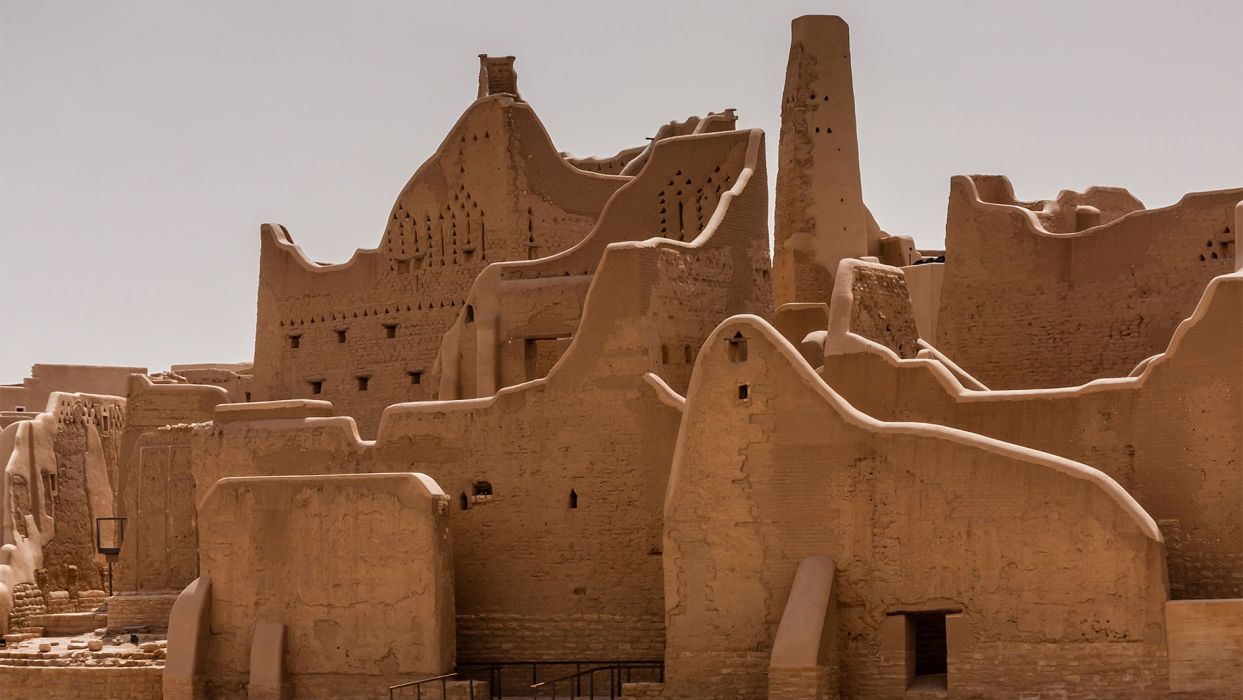Part 1 of a series looking at the origins of the sect known as the Shīʿah or Rāfiḍah. The first lecture overviews some Shīʿah terms and their origins and basic tenants, particularly focusing on ʿAbdullāh Ibn Saba’ (their founder).
Why discuss this topic?
“We learn about Sunnah so we can implement it, we learn about bidʿah so we can stay away from it….”
Why are they called the Rāfidah?
“They are called the Rāfidah (rejectors) because they reject the leadership of the two shaykhs, Abū Bakr and ʿUmar (raḍī Allāhu ʿanhumma), so they are rejectors…after the Prophet’s (ṣallallāhu ʿalayhi wa-sallam) [death] those (Abū Bakr and ʿUmar) are the best of those to walk the earth.”
Why are they called the Shīʿah?
“They are called ash-Shīʿah because they are those who specifically sided with ʿAlī and believed only in his leadership, they rejected the leadership of Abū Bakr and ʿUmar…and likewise they believe the leadership is only for the sons of ʿAlī.”
Who founded them?
Their founder was ʿAbdullāh Ibn Saba’, A Jew from Yemen.
Who cooperates with them and visits them (and their graves) in our time?
The heads of al-Ikhwān al-Muslimūn.
Part 2 further details their opposition to Ahl al-Sunnah in Tawḥīd al-ʿUlūhiyyah and Asmāʾ wa-al-Ṣifāt, then their revilement from the Companions of Allāh’s Messenger (ṣallallāhu ʿalayhi wa-sallam).
How do they understand Tawḥīd al-Rubūbiyyah?
They attribute lordship to the (Shīʿah) Imāms!
The Qurʾān, Created or Speech of Allāh?
The Shīʿah believe it was created (agreeing with the Muʿtazilah).
Will the Servant See Allāh on the Day of Judgment?
Not according to Shīʿah (agreeing with the misguidance of the Jahmiyyah, Khawārij, and Muʿtazilah)
After considering the beliefs of Shīʿah as illustrated in their own books, is it possible to claim that speaking against the Rāfiḍah is “splitting the ummah” or “dividing the Muslims” as some of the contemporaries claim, seeking to unite this cultish movement with Islām, calling them “our Muslim brothers,” people who make shirk and attack the Mother of the Believers (Āʿishah).













